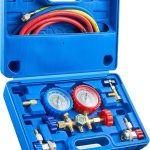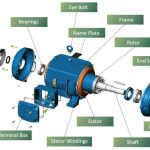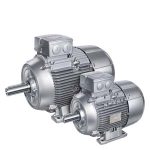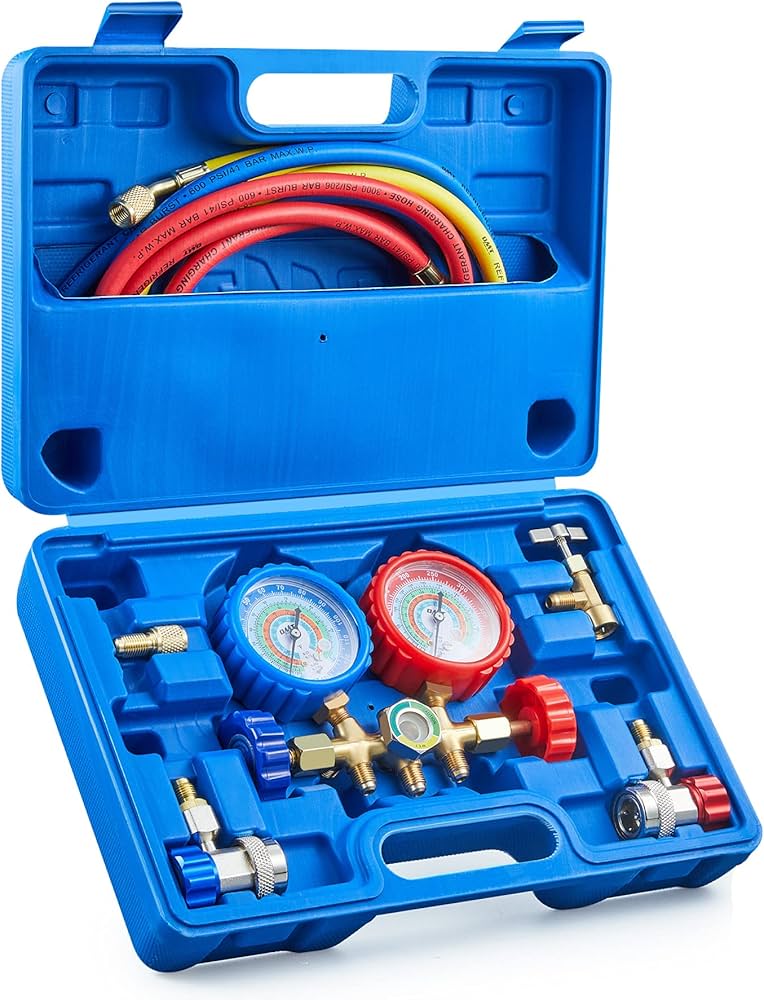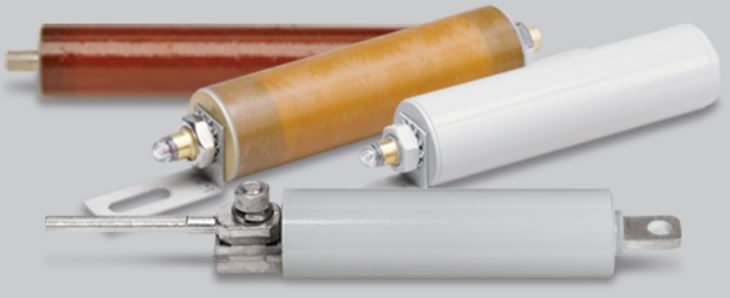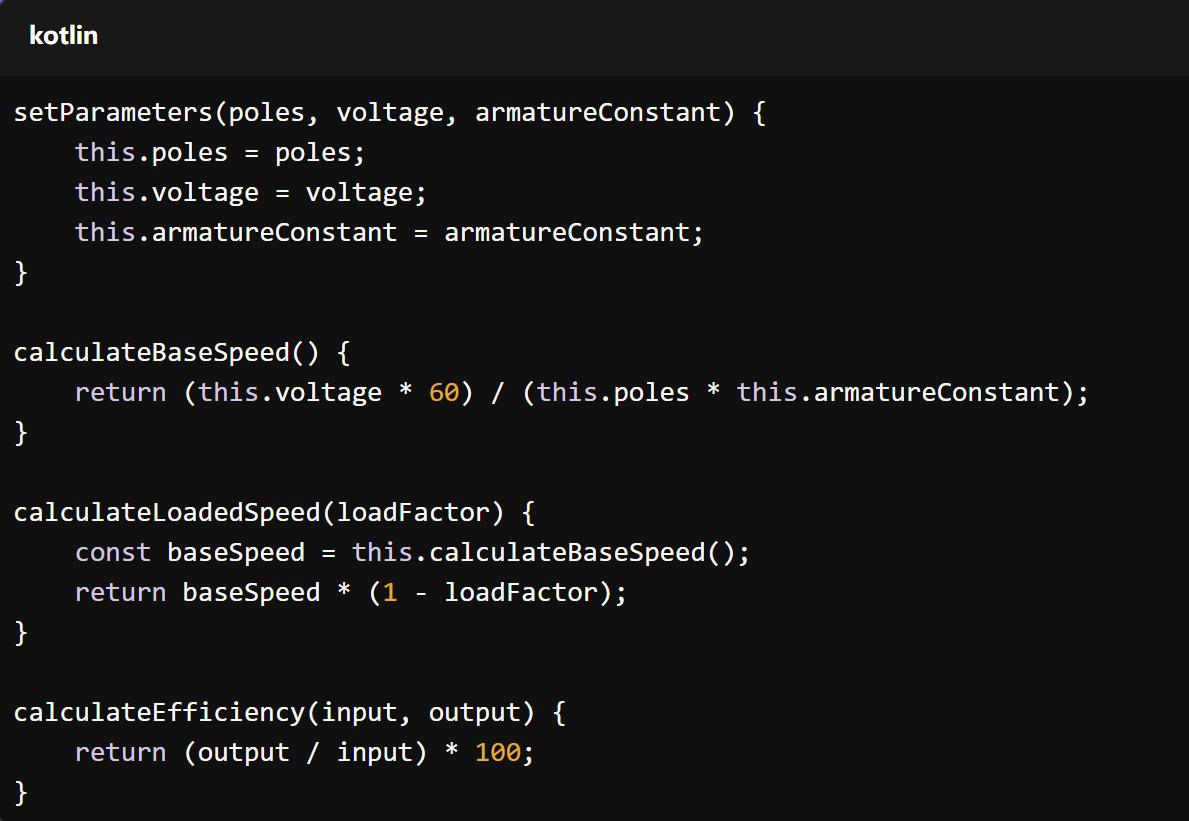Electric motors as the muscles of our modern world – they power everything from your home appliances to big factory machines. When choosing a motor, you’ll mainly hear about two types: single-phase and three-phase motors.
What’s the Difference Between Single-phase And Three-phase motors?
Single-Phase Motors: Think of these as the “home-friendly” motors. They’re like the ones in your washing machine or garage door opener. They run on the same power that comes from your wall outlets. These motors need a little help to get started – kind of like a push to get going.
Three-Phase Motors: These are the “industrial powerhouses.” Imagine three power streams working together instead of just one. They’re stronger and more efficient, but they need special power that isn’t usually available in homes. They’re self-starting and don’t need that extra push to get going.
Which One Works Better?
Three-Phase Motors:
- Starting up quickly and strongly
- Running more smoothly
- Using less energy
- Lasting longer
- Handling bigger jobs
Single-Phase Motors:
- They work with regular home power
- They cost less to buy
- They’re easier to fix
- They’re perfect for smaller jobs
- You can find them everywhere
Where Should You Use Each Type?
Single-Phase Motors Work Best In:
- Home appliances
- Air conditioners
- Small water pumps
- Garage doors
- Workshop tools
- Small fans
Three-Phase Motors Are Great For:
- Factory machines
- Big air conditioning systems
- Manufacturing equipment
- Elevators
- Big pumps
- Assembly lines
How to Choose the Right Motor
Pick a Single-Phase Motor When:
- You need less than 5 horsepower
- You only have regular home power
- You want to save money upfront
- The job isn’t too demanding
- You don’t need it running all day
Pick a Three-Phase Motor When:
- You need lots of power
- You have access to industrial power
- You want to save energy long-term
- You need it running all day
- You need precise control
- You need something really reliable
Helpful Tips:
- Think about how much power you really need
- Consider your power supply
- Calculate all costs (buying, running, fixing)
- Check what kind of maintenance you’ll need
- Make sure it fits your space
- Think about future needs
- Check local rules
- Look for energy-saving options


